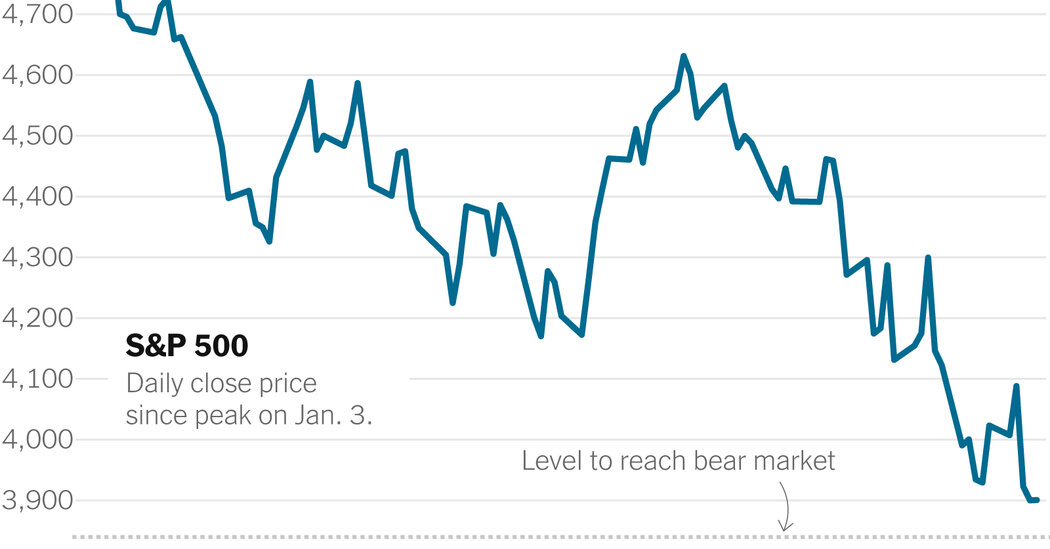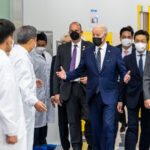
Janet L. Yellen, the Treasury secretary, said high food and energy prices were creating “stagflationary effects” — the combination of high inflation and a stagnating economy. China’s economy, the world’s second-largest after that of the United States, is laboring under the government’s strict pandemic lockdowns. Before the war in Ukraine and Covid’s resurgence in China, the International Monetary Fund was projecting global growth of 4.4 percent this year. Now its forecast is 3.6 percent.
Wall Street had been expecting that torrid consumer demand would have to slow at some point. Government stimulus checks that provided Americans with billions in spending money during the pandemic stopped long ago. The hope of both the Trump and Biden administrations was that the economy could eventually be weaned off the stimulus and that consumer demand would stay relatively strong.
But inflation, which has risen faster and remained more persistent than many investors and even the Fed initially expected, has thrown the recovery into doubt.
Unemployment is approaching the lowest rate in decades, and the economy has regained nearly 95 percent of the 22 million jobs lost at the height of coronavirus lockdowns. Average hourly earnings in the U.S. rose 5.5 percent in the year through April, but many of those gains are being eroded by inflation. Over that same period, prices rose 8.3 percent.
“The government just turbocharged the economy, and we were partying on buying goods,” said Scott Mushkin, the founder of R5 Capital, a retail-focused consulting and financial research firm. “People wondered what the hangover would be like. We have never seen anything like this.”
To be sure, some retailers said that not every consumer was pulling back or shifting spending. Walmart said better-off shoppers continued to spend freely on bigger-ticket items like patio furniture, and Target said it was not seeing a broad retreat in spending, either. Home Depot, which has benefited from a pandemic remodeling boom, said it was seeing no big slowdown in business.
But Mr. Sole of UBS worries that if prices continue to climb, higher-income consumers will eventually shift their spending, too.




